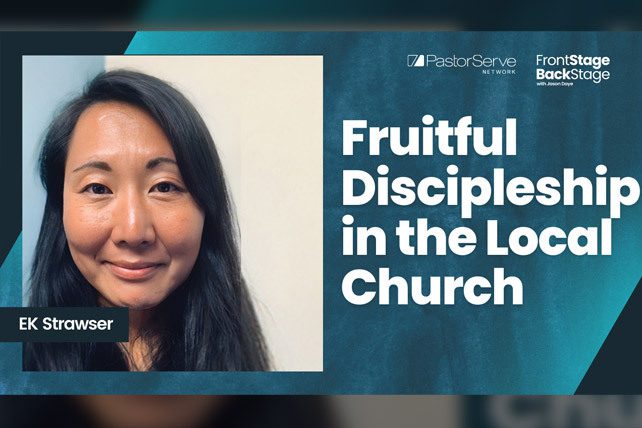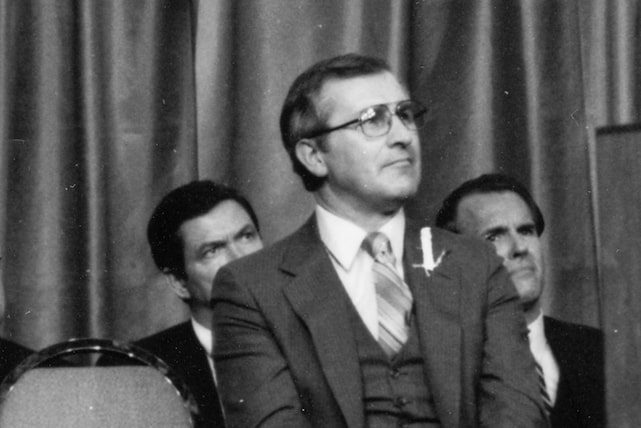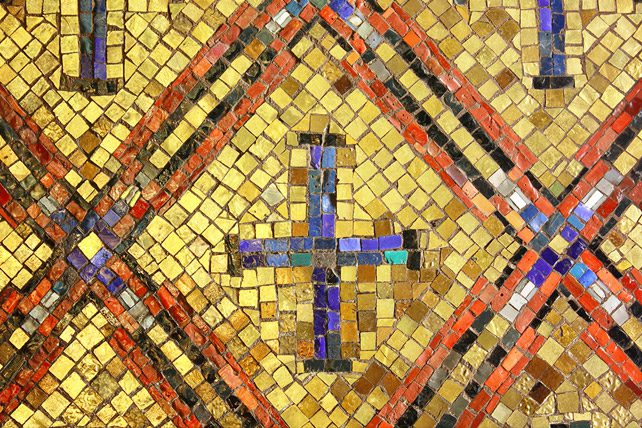Luke Saint, a self-described theocrat, recently argued that public executions by stoning for capital offenses, among which he includes adultery, are an essential part of a society ruled by God’s law. Saint described such a practice as “appropriately barbaric.”
Saint is set to present at “The Future of Christendom” conference, which will be held in September and is sponsored by the Mid-Atlantic Reformation Society. Also to be featured at the event is James White of Alpha and Omega Ministries, who will debate Gregory Coles, author of “Single, Gay, Christian: A Personal Journey of Faith and Sexual Identity,” about issues relating to sexual identity.
Saint’s comments about public stonings came in the context of his appearance on “The Lancaster Patriot” podcast to discuss his self-published book, “The Sound Doctrine of Theocracy OR Statism and the Christian Mind: A Treatise Addressing the Need for a Recognition of a Theocratic Government and an Explanation of Its Application in Society.”
Describing his vision for a Christian America, Saint defined theocracy as “a system of government with only one legislator, which would be the Lord God, revealed in Scripture,” adding that Christians are too often “embarrassed” by God’s law.
RELATED: Democrats Pass Resolution Condemning ‘White Religious Nationalism’
“If you’re embarrassed by one law, you’re probably embarrassed by the whole thing,” he said.
Arguing that structuring society under the authority of the Old Testament law would give more freedom to Christians, Saint said, “I would say, the sinner, the homosexual, the atheist, the transexual person actually have more liberty…than you do under man’s law.”
“Because under man’s law, what you do have is liberty to sin, but you don’t have liberty for freedom,” Saint continued. “You don’t have liberty to serve God. You don’t have liberty to drive your car the way you want to. I mean, there’s laws all over the place. But you do get to be a pervert. You do get to be a horrible person.”
Differentiating his views from those held by Christian nationalists, Saint said, “Christian nationalism, unfortunately, has revealed itself to not really take into account the divine purpose of man,” which he sees as having dominion in the world.
“When someone talks about Christian nationalism, all I hear is immigration laws,” he said. “And they’re like, ‘What do we do with immigration laws?’”
“Every time I hear ‘Christian nationalism’—I don’t want to throw it under the bus too much, but unfortunately, it keeps coming back to like, ‘Wow, we just need to have the right people in this country,” Saint went on to say. “And I reject that completely.”
While advocating for the abolition of the legislative branch of government, Saint went on to argue, despite the long record of religious liberty being upheld and bolstered by the United States Supreme Court, that “it’s just a matter of time until the gospel is ultimately legislated out of here.”
Saint further suggested that laws such as tax codes and speed limits are the work of corrupt politicians, whom he characterized as modern day Pharisees, who are “legislating outside of God’s law.”
Also arguing that the executive branch ought not to be composed of elected officials but rather the citizenry as a whole, Saint lamented that most Americans “don’t want the responsibility of justice. We don’t want the responsibility of having to enforce God’s law.”
RELATED: Josh Hawley Tweets Fake Quote About US Founding, Sparking Allegations of Christian Nationalism
“When I see someone doing wickedness, it is my responsibility to do something about it. I don’t call 911 and get a cop down here and he does something about it,” Saint continued. “It’s my responsibility to do something about it. God has equipped us with the laws and the system that enable the common person to be able to carry out the executive function.”




 As pastors and ministry leaders, how can we truly know that we are effectively developing mature disciples? In this week’s conversation on FrontStage BackStage, host Jason Daye is joined by the Rev. Dr. Eun Strawser, co-vocational lead pastor of Ma Ke Alo o non-denominational missional communities, which are multiplying across the island of O‘ahu in Hawaii. Eun is also the author of the recently released book, titled “Centering Discipleship.” Together, Eun and Jason look at the importance of ministry leaders taking an honest assessment of our own discipleship. Eun also shares from her experience as a church planter about how we can take discipleship from the periphery and move it to the center of our local church ministries.
As pastors and ministry leaders, how can we truly know that we are effectively developing mature disciples? In this week’s conversation on FrontStage BackStage, host Jason Daye is joined by the Rev. Dr. Eun Strawser, co-vocational lead pastor of Ma Ke Alo o non-denominational missional communities, which are multiplying across the island of O‘ahu in Hawaii. Eun is also the author of the recently released book, titled “Centering Discipleship.” Together, Eun and Jason look at the importance of ministry leaders taking an honest assessment of our own discipleship. Eun also shares from her experience as a church planter about how we can take discipleship from the periphery and move it to the center of our local church ministries.












 Every year at our
Every year at our 










